In this article
View 8 More +Feisty and fun-loving, the Parson Russell Terrier is a unique little terrier that shares a lot of similarities with its cousins, the Jack Russell and the Fox Terrier. These dogs were bred to chase foxes alongside other dogs and horses, flushing them out of both aboveground and underground hiding spots. They’re adept problem solvers and little athletes, which can create problems for owners who aren’t prepared to manage them.
If you’re considering bringing home a Parson Russell Terrier, find out everything you need to know to determine if these cute but tough terriers are a good fit for your home and lifestyle.
Breed Overview
Height:
13–14 inches
Weight:
13–17 pounds
Lifespan:
13–15 years
Colors:
White
Suitable for:
Experienced owners, active owners, canine competitors
Temperament:
Bold, intelligent, independent, friendly
The Parson Russell Terrier was developed in the 1800s to hunt foxes. These dogs were named for Revered John, “The Sporting Parson” Russell, who was dedicated to hunting as a pastime. He raised and trained terriers to collaborate with foxhounds to pursue foxes, leading to a tenacious and independent breed.
When John Russell died, the name “Jack Russell” was widely used to describe all types of working and hunting terriers. Few of them have any similarities to Russell’s bred terriers, except for the Parson Russell that he cultivated himself.
Parson Russell Terrier Characteristics

Parson Russell Terrier Puppies
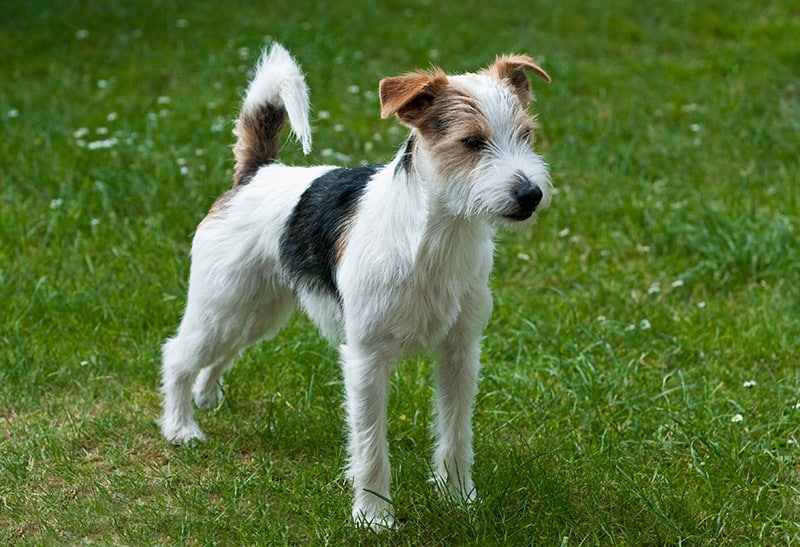
Parson Russell Terriers are not as common as Jack Russell Terriers, but there are plenty of responsible breeders in the US. The Parson Russell Terrier Association of America (PRTAA) has a database of registered Parson Russell Terrier owners and breeders to find available litters.
Though uncommon, it’s possible to find Parson Russell Terriers in rescues and shelters. Like their Jack Russell cousin, Parsons can be a handful for owners who get them unprepared and can’t handle their high energy levels and independent streak. There are no breed-specific rescues for Parsons, but Russell and Jack Russell rescues may have full-blooded Parsons, or Parson/Jack Russell mixes to consider if you want a rescue dog.

Temperament & Intelligence of the Parson Russell 🧠
Like their cousins, the Fox Terrier and Jack Russell Terrier, Parson Russell Terriers are tenacious and energetic dogs that like having a job to do or something to explore. They have typical terrier traits of independence, intelligence, and feistiness and need an owner who can direct their energy into productive activities. These are not dogs that are content to lie around and watch television. If you don’t provide the right outlets for Parson Russell Terriers, they will find other ways to entertain themselves that you may not appreciate, such as chewing furniture or barking excessively.
Are These Dogs Good for Families? 🏠
Parson Russell Terriers can be a good fit for active families if their needs are met. They can get along with children, but you may need to devote extra time to training. Children must be taught to respect the Parson Russell Terrier to avoid any issues with boundaries and aggression. Parsons and young children should never be left unsupervised. Like other terriers, Parsons do not tolerate rough handling well.
Does This Breed Get Along With Other Pets? 🐶 😽
Parson Russell Terriers were bred to work alongside pack dogs and horses. They usually get along well with other dogs, horses, and other livestock with proper socialization. As a hunting dog, they can have a high prey drive and may chase cats, toy dogs, and other small animals. It’s best to monitor interactions and keep the Parson separated from animals that may be viewed as prey until you know the individual dog’s personality.
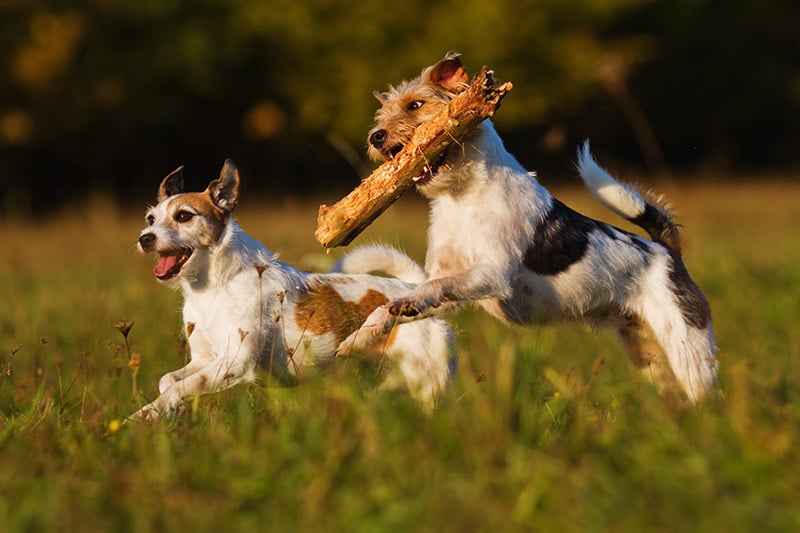

Things to Know When Owning a Parson Russell Terrier:
Food & Diet Requirements 🦴
Parson Russell Terriers need a high-quality diet that meets their energy needs without promoting excess weight. Though these dogs are active, they can quickly overeat and become obese with too much food and not enough exercise, leading to health problems. If you have any concerns about your dog’s diet or body condition, consult with your vet.
Exercise 🐕
Parson Russell Terriers are playful and excitable. They enjoy exercising and burning off excess energy, so they’re best suited for fenced-in yards or farms. Otherwise, commit to regular walks or trips to the dog park to give your dog some exercise. These dogs are also a good choice if you want to explore canine competitions like rally, flyball, or agility. Without an outlet for energy, Parsons can become unruly and destructive. Parson Russell Terriers have a high prey drive and may not be reliable off-leash, especially in an area with a lot of small animals or wildlife.
Training 🦮
Parsons need strict but gentle training. These dogs are smart and energetic with a low tolerance for boredom, so training sessions should always be varied and exciting. Always use positive reinforcement training with Parsons instead of harsh methods. These dogs respond to praise and rewards to curb their independent streak. With proper socialization, Parsons can get along with other animals and children, but they will not tolerate rough handling or abuse.
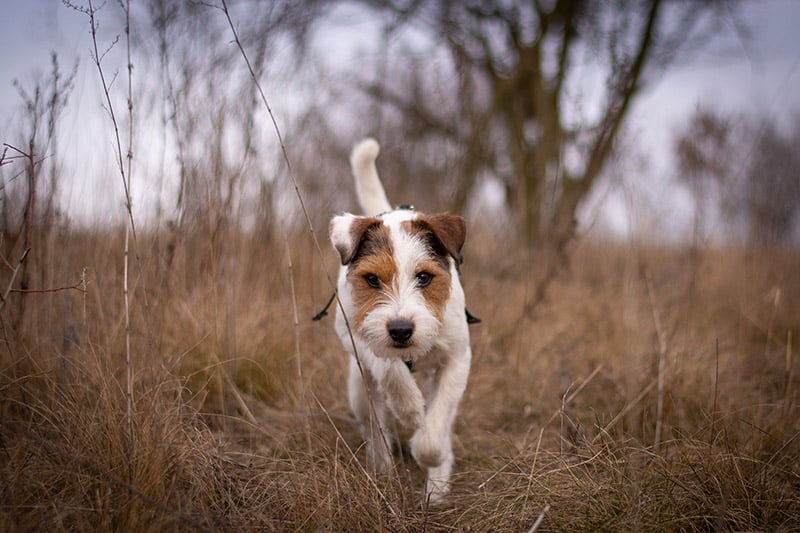
Grooming ✂️
The Parson Russell Terrier comes in two coat types: smooth and broken (rough). With either coat, your Parson will need regular brushing to remove loose hair and keep the skin healthy. Rough coats also require plucking or clipping to prevent mats. Parsons don’t need a lot of baths unless they’re active outside. Once a month is usually enough. You will also need to trim your dog’s nails and clean their ears regularly.
Health and Conditions ❤️
Parson Russell Terriers are not overbred. They’re generally healthy dogs when they’re produced by responsible breeders who screen stock for inherited conditions like congenital deafness, spinocerebellar ataxia, patellar luxation, and eye disorders. Otherwise, the Parson is subject to the same health conditions that affect all dogs, including parasites and cancer.
- Cataracts
- Parasites
- Deafness
- Patella luxation
- Ataxia
- Lens luxation
- Progressive retinal atrophy
- Cancer

Male vs Female
Male and female Parson Russell Terriers are similar, so it comes down to personal preference. The males may be a little larger. There are no distinct behavioral problems or training challenges with either males or females, especially if you spay or neuter. This not only prevents some problem behaviors related to sex hormones, such as roaming or certain types of aggression but eliminates or minimizes the risk of some reproductive cancers and diseases.

3 Little-Known Facts About the Parson Russell Terrier
1. Parson Russell Terriers Descended from a Female Named Trump
Reverend John Russell developed the Parson Russel Terrier in the early 1800s from a small white and tan terrier female named Trump. He purchased the dog from a milkman in Elmsford, England, and she formed the basis of his breeding program.
2. Parson Russell Terriers Used to Be Known as Fox Terriers
With Russell’s breeding program, Parson Russell Terriers were recognized as a distinct type of Fox Terrier. This breed wouldn’t have breed standards until 1894, when the Devon and Somerset Badger Club was founded.
Parsons, Jack Russells, Russells, and Fox Terriers have murky breed distinctions during their development. However, it wasn’t until formal breed standards were created that these breeds could be recognized as distinct breeds; the American Kennel Club still considered the Parson a Jack Russell Terrier well into the 1990s. There are still few breed associations that recognize them as separate breeds, though the Parson is notably taller and longer than the Jack Russell.

Final Thoughts
The Parson Russell Terrier is a great breed for the right owner, but you can’t be fooled by their cute looks. These dogs are intelligent, tough, and determined little hunters and athletes that can be a handful for a novice owner. Raising a well-adjusted and happy Parson Russell Terrier takes work, but it’s worth the effort for the right person.
Featured Image Credit: Kristyna Mrazkova, Shutterstock
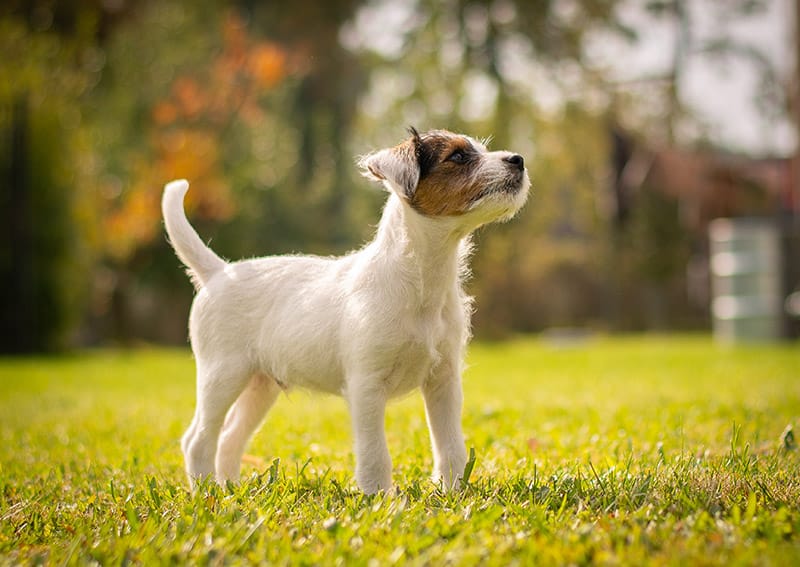








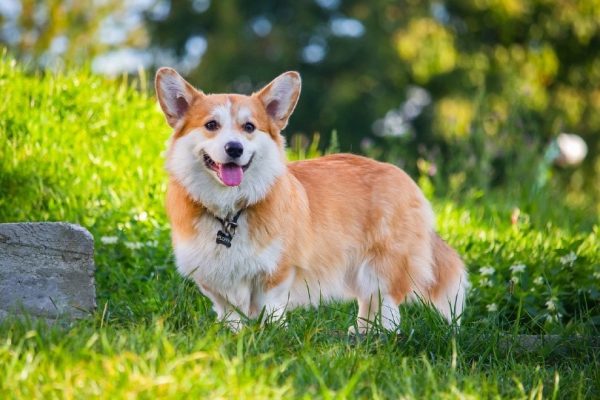




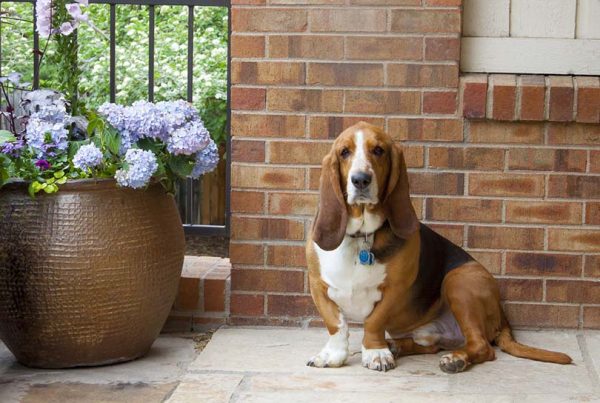
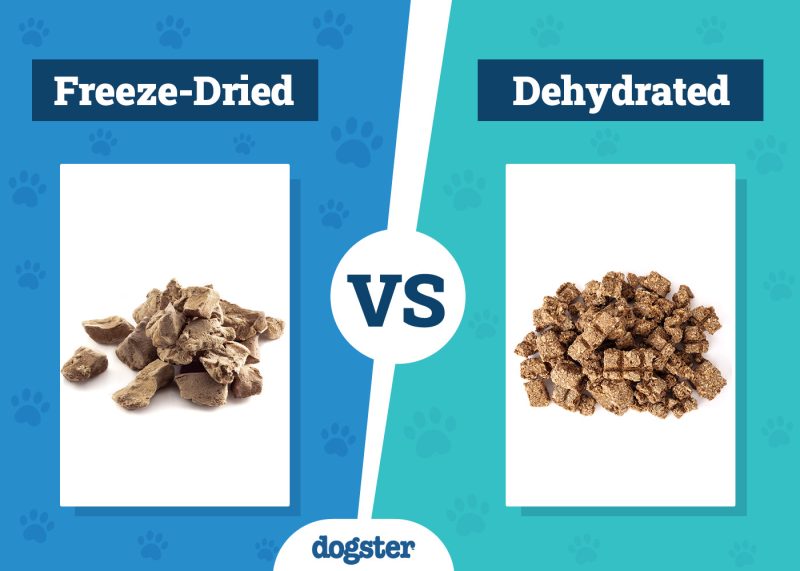







2 Responses
Hi, we have rescued a 3 month old dog and we’re unsure on the breed. I’ve been looking on the internet and found out she is a Parsons Russell terrier.
I’ve read the information you wrote on the breed and to say I’m a bit nervous is an understatement.
She’s been with us over a month and is very good. She’s sweet and loving but also likes her own space. Still quite a bit of biting but getting better, leaps about and lots of energy ( more than me) but listens to the basic commands at the moment and is safe in her crate for a while with toys etc.
I’m just wondering if there is anything specific I should do or avoid with this breed?
Hello Sally,
thank you very much for your message and sorry for a bit of a late answer. First of all, congratulations to your new dog! It is amazing that you were able to rescue them and give them a new home. We understand your concerns with this breed, however, bear in mind that even dogs from breeds with bad reputation can turn into amazing and loving companions. That is if they are properly trained and socialized.
When it comes to some specific advice, I believe that the best person to give you some, would be a veterinarian. We recently launched a veterinary telehealth service called PangoVet.com, where you can talk through a video-call with one of our professional veterinarians. Just head to https://www.pangovet.com and book an appointment.